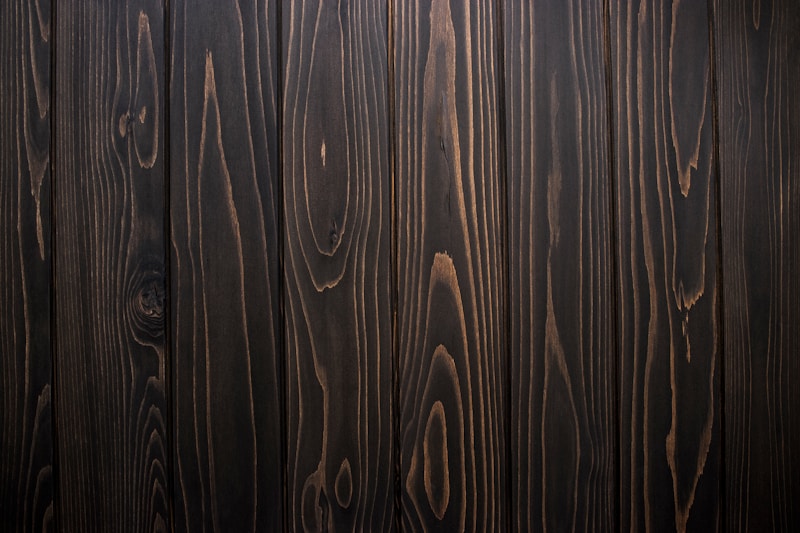Questions and Answers
What is the primary purpose of sanding in wood manufacturing?
To remove material using abrasive materials
Which tool is commonly used for shaping wood in the manufacturing process?
Chisels
What is the purpose of finishing in wood manufacturing?
To apply a protective coating or sealant
What is the thickness range of a veneer sheet?
Signup and view all the answers
Which stage of wood manufacturing involves forming the wood into the desired shape?
Signup and view all the answers
Which type of veneer is thin and unrolled from the tree trunk?
Signup and view all the answers
What can veneer sheets be designed and cut to size for?
Signup and view all the answers
Which of the following is a type of veneer made by slicing wood from a rotating log?
Signup and view all the answers
Which stage of woodworking involves Tongue and grove, Dado, Mortise and tenon, Dovetail, Rabbet, and Finger joints?
Signup and view all the answers
What are penetrative finishes like tung oil, linseed oil, and Danish oil primarily used for in woodworking?
Signup and view all the answers
Which type of wood finish like Shellac, Lacquer, Varnish, or Polyurethane is primarily used as a protective layer against external wear and tear?
Signup and view all the answers
In woodworking, what is the main purpose of using glue and nails with wood joints?
Signup and view all the answers
Study Notes
Sanding in Wood Manufacturing
- The primary purpose of sanding is to smooth out the wood surface, removing imperfections and preparing it for finishing.
Shaping Wood
- A common tool used for shaping wood is a router.
Finishing in Wood Manufacturing
- The purpose of finishing is to enhance the appearance and durability of the wood, providing protection against wear and tear.
Veneer Sheets
- Veneer sheets have a thickness range of 1/40 inch to 1/8 inch.
- Veneer sheets can be designed and cut to size for specific applications.
Veneer Types
- Rotary-cut veneer is a type of veneer made by slicing wood from a rotating log.
- Leaf veneer is a thin, unrolled veneer from the tree trunk.
Woodworking Joints
- The stage of woodworking involving Tongue and grove, Dado, Mortise and tenon, Dovetail, Rabbet, and Finger joints is called joinery.
Penetrative Finishes
- Penetrative finishes like tung oil, linseed oil, and Danish oil are primarily used to enhance the appearance and provide protection to the wood.
Protective Wood Finishes
- Wood finishes like Shellac, Lacquer, Varnish, or Polyurethane are primarily used as a protective layer against external wear and tear.
Wood Joints
- The main purpose of using glue and nails with wood joints is to provide additional strength and stability to the joint.
Studying That Suits You
Use AI to generate personalized quizzes and flashcards to suit your learning preferences.
Description
Test your knowledge on veneering techniques used in woodworking, including types of veneer such as raw veneer, laid-up veneer, and backed wood veneer. Explore how thin sheets of wood are applied to engineered wood surfaces for decorative purposes.




